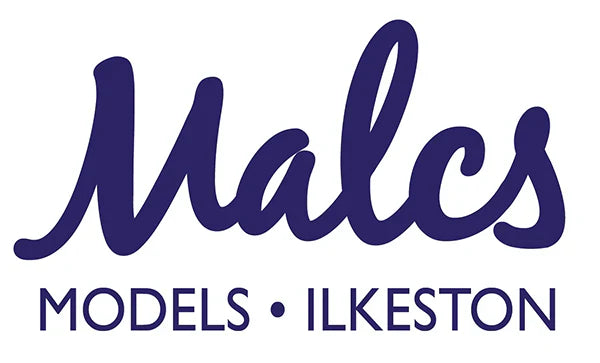- Home
- Model Railways
-
Scenics
- All Game Terrain
- Busch
- Woodland Scenics
- Ballast
- Foliage,Grass.Flock & Polyfibre
- Lichen
- Turf/Pollen
- Static Grass
- Water System
- Terrain System
- Ready Grass/Vinyl Matting
- Scenic Glue,Sprayers & Shakers
- Subterrain System
- Trees
- Landscape Kits,Accessories & Snow
- Trackbed/Underlay
- Learning Kits
- Lichen
- Just Plug Lighting System
- Utility System
- Scenic Accents Fences
- Skale Scenics
- Peco Scenics
- Gaugemaster
- Scalology
- ID Backscenes
- Javis
-
Plastic Kits
-
Radio ControlRadio control
- Slot CarsScalextric
- Diecast
-
Other Products
Description
British Railways Mk1 coaches
BR Mark 1 coaching stock was the first standardised design of railway carriages built by British Railways (BR) post-nationalisation in 1948, the family of locomotive hauled passenger coaches being constructed from 1951 until 1963 to augment and replace the array of ‘Big Four’ and earlier ‘pre-grouping’ designs inherited from the LMS, LNER, GWR and SR. Non-passenger carrying Mk1s and multiple units based on the Mk1 concept continued in production until 1974.
Today, Mk1 coaches are used for charter services on the main line, by the likes of West Coast Railway Company, or on preserved railways such as the Severn Valley Railway, West Somerset, North Yorkshire Moors, East Lancashire and Spa Valley lines, to name but a few.
Mk1 coaches were built at many BR workshops as well as by outside contractors including Metro-Cammell, Cravens, and Gloucester RCW. An extensive range of vehicles was introduced to cover all manner of traffic demands and mixed uses that the railway took in its stride in the 1950s: from buffet counter catering to full restaurant service, First and Second Class accommodation including composite vehicles with some of each, guards’ brake vans and luggage/ newspapers/ parcels/ animal space, sleeping cars, various general merchandise and specialised Post Office vans and niche use vehicles constructed in small numbers such as horse boxes. These non-passenger vehicles were shorter in length (usually at 57 feet) than the standard 63 feet of their passenger counterparts.
Shipping & Delivery


We shall not be liable for any direct, indirect or consequential loss, costs, damages, charges or expenses caused directly or indirectly by any delay in the delivery of goods whatsoever. Delivery will be placed with royal mail, DHL, DPD etc. Delivery is usually between Monday-Friday 8am - 6pm. Dates and times quoted for delivery are approximate.
When you have an order with more than one item, all items will be shipped together. If you have ordered an item that is unavailable you will be refunded the amount. There is only one delivery charge per order.
Delivery is only available to UK mainland addresses. For deliveries to Northern Ireland, Scottish Islands, Isle of Man, Isle of Scilly, Jersey & Guernsey Europe etc will be at cost to you.
Goods will be deemed to have been delivered once signed for or a photo has been provided to the specified address.
If you want your parcel insured you NEED to pay the extra fees. If you do not insure extra any loss, damage or theft is no responsibility to us and you MUST take it up with the courier.






![Graham Farish 374-632A SR Bogie B Luggage Van BR Blue [W]](http://malcsmodels.co.uk/cdn/shop/files/374-632A_{width}x.jpg?v=1689888512)




